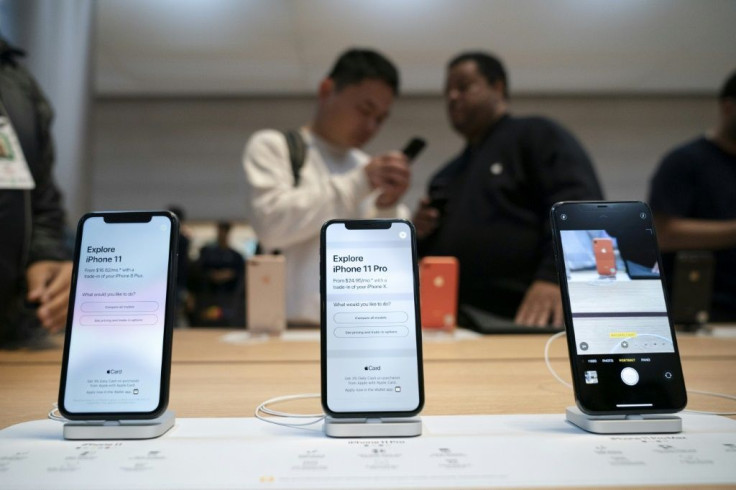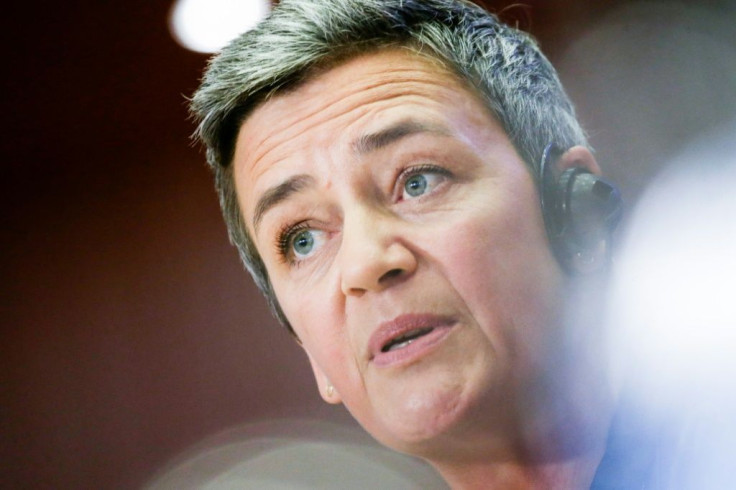EU Regulators Circle On Apple Pay

The EU's powerful anti-trust regulator is taking a closer look at Apple Pay, an official said on Friday, amid worry that the fast-growing and easy-to-use payment system is shutting out rivals.
Personal finance is the new battleground for big tech, with Google, Amazon and Facebook -- the latter through its controversial Libra crypto currency -- also seeking to tap the potentially lucrative but politically touchy market.
Launched in 2014, Apple Pay allows iPhone or Apple Watch users to make payments at retailers by touching their devices to the same terminals currently used for credit and debit cards.
Predictions are that contact-less payments using smartphones will replace the need for wallets or pocketbooks that are stuffed with cumbersome cash, cards and commuter passes.
But any company wanting to use the technology on an iPhone -- whether a bank or the London metro system -- must pass through Apple Pay for a fee.
Amid a rising chorus of complaints, the EU is eager to demonstrate that it is ahead on this issue after receiving years of criticism for its slow response to the rise of Google, Facebook and Amazon.
Asked by AFP, a spokeswoman for the European Commission confirmed that questionnaires had been sent to market players in the mobile payments sector, but declined to provide more detail.

The technology at the heart of concerns in the Apple Pay case is "near-field communication", or NFC, which permits devices to communicate within a very short range of each other, usually less than 10 centimetres (four inches).
"The starting point is technical: the use of NFC is blocked for payments on Apple products, except for Apple Pay," said Jean Allix of the European Consumers Organisation.
Competition Commissioner Margrethe Vestager last week acknowledged that "we get many, many concerns when it comes to Apple Pay.... People see that it becomes increasingly difficult to compete in the market for easy payments".
Fearing disruption, but not wanting to be left behind, Europe's financial sector is struggling to balance cooperation with the American iPhone maker with stifling the rise of contact-less payments.
In Germany, after lobbying by banks, lawmakers this week inserted an amendment into an anti-money laundering law that could deny Apple Pay exclusivity to the NFC payments technology on iPhones.
"We are surprised by the suddenness of this legislative process and worry the draft proposal has the potential to negatively impact users' payment experience," Apple said Friday in a statement.
"We look forward to engaging with the German government to help them understand our technical approach to Apple Pay and we'll continue to work closely with the EU regulators," Apple added.
© Copyright AFP 2024. All rights reserved.





















